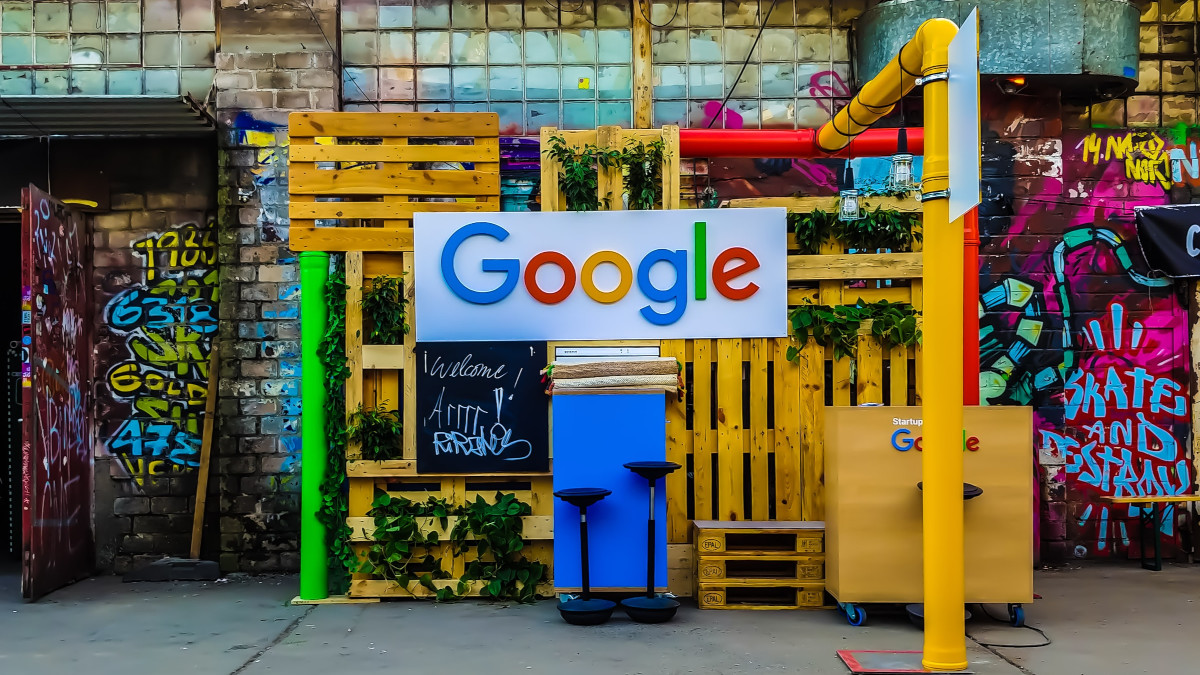The digital advertising market has been based largely on third-party cookies to date, with the aim to identify users and display personalised ads. However, these cookies are being contested due to data protection regulations. Which is why Google is bringing out so-called Trust Tokens as an alternative.

Photo: Rajeshwar Bachu/Unsplash
What these are, which consequences cookie banners have for advertisers, and what the outlook is for the digital advertising market is explained by Vanessa Krause in an interview. She is Head of Conversion Rate Optimisation at web-netz GmbH. Website and performance analysis based on tracking tools is part of her daily business.
Ms Krause, third-party cookies are on their way out, mainly due to data protection regulations. Why do advertisers need such cookies at all?
Third-party cookies are important in digital advertising mainly for remarketing purposes, also known as retargeting. When you see a product on a website, you then see this or other similar products on other websites as ads. This target-group-centric approach to advertising results from information that is stored by third-party cookies. This leads to higher click rates and, ultimately, can result in more purchases.
Which data do third-party cookies collect and why is this process controversial?
What’s highly controversial is the gathering of all personal data, such as names or email addresses, which then allow clear conclusions to be made about the user. In Germany, however, data protection is particularly strict, meaning detailed personal data cannot be compiled in any case in Web analysis tools. The capturing of pseudonymised data, for instance IP addresses, is under fire. After all, in this case, too, advertisers are able to identify users across various websites.
But for some time now, cookie banners normally appear on websites for which the user has actively accepted the use of cookies. Isn’t this enough?
Yes and no. On the one hand, you’re right. According to the currently regulations, each website operator in Germany who captures data in any way, leverages a cookie banner and gives the user the chance to not allow the use of third-party cookies. Only the essential cookies, in other words the technically necessary ones, are not affected by this. These cookies store, for instance, log-in data or shopping basket information. On the other hand, various websites do not display any cookie banners, even if this has not been in line with the regulations for a few months now. What’s more, the cookie banners are not required in all countries. For this reason, on international websites, users do not have the option to not allow this.
„What’s more, the cookie banners are not required in all countries. For this reason, on international websites, users do not have the option to not allow this.“
How many users actually take the decision to not allow the use of cookies? How strongly is the advertising marketing being affected by this?
This heavily depends on the respective website. In the area of B2C, users are more likely to accept cookies when they feel a strong connection to the brand. On websites of football clubs, for instance, only very few users actually take advantage of the option to reject the use of cookies. In the B2B segment, this behaviour is similar in many respects. Especially when it comes to specialised sellers who do not have many competitors is the acceptance rate of cookies high.
At the start of August, Google announced that so-called Trust Tokens are to become an alternative to third-party cookies, as they comply with data protection. What is this all about and can it really become the standard?
When we talk about a token, we are always talking about a series of characters made up of digits and letters, which can then ultimately be attributed to a user. In contrast to third-party cookies, no clear IDs are stored in this case. Each user receives the same token so that this person can no longer be identified across the entire Internet. These Trust Tokens, however, are only one component within a larger initiative by the name of Privacy Sandbox, which Google wants to set up for its Chrome browser by the year 2022. This solution contains several technologies that ultimately aim to reproduce the function of a third-party cookie in a way that conforms to data protection. An example: It should be possible to create advertising target groups, but within these target groups it is not possible anymore to extract individual users.

Vanessa Krause is Head of Conversion Rate Optimisation at web-netz GmbH
How will the digital advertising market change in the years to come?
When it comes to capturing data, advertisers are already limited by cookie banners and blocking by individual browsers. Safari from Apple or Firefox from Mozilla block all third-party cookies as a rule of thumb with the aim to better guarantee the protection of privacy. But I don’t think the digital advertising market will take a dive in future. That’s because Google, as the largest player, finances itself mainly from advertising. In other words, the company will do everything it can to ensure advertisers can continue to gain information for displaying relevant ads. Otherwise, Google would be shooting itself in the foot. I think that Trust Tokens and the entire Google solution can become the standard and, as a result, Mozilla and Apple will jump on the bandwagon.
